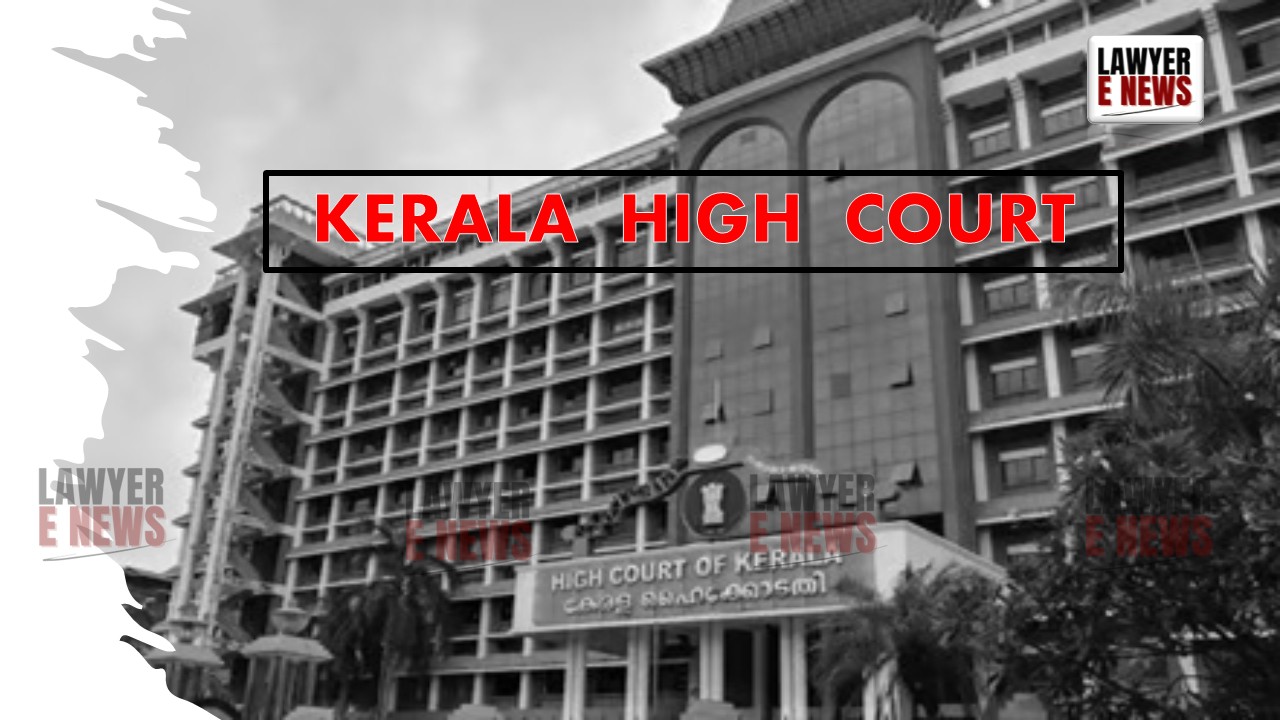-
by Admin
15 February 2026 5:35 AM



"The petitioners do not have the same interest in the suit as that of the interest of defendants," rules Justice Kauser Edappagath.
The High Court of Kerala has rejected two petitions seeking to implead additional defendants in a representative suit concerning a significant land dispute. The judgment, delivered by Justice Kauser Edappagath on May 20, 2024, emphasizes the necessity for common interest among parties to justify their inclusion in such suits.
The State of Kerala initiated a suit (O.S. No. 72/2019) before the Sub Court, Pala, seeking a declaration of title, recovery of possession, and a permanent prohibitory injunction over certain properties. The defendants include Ayana Charitable Trust, M/s. Harrison Malayalam Ltd., Mar Athanasius Yohan Metropolitan, and Dr. Sini Punnoose. The State contends that the properties in question belong to it under the Kerala Land Reforms Act, while the defendants claim legitimate ownership through a purchase certificate.
Following the trial court's permission under Order 1 Rule 8 of the Code of Civil Procedure (C.P.C.), a public notice invited interested parties to join the suit. In response, Stephen Issac, a member of the Gospel for Asia, and the Peoples Action for Education and Economic Development of Tribal People (a charitable trust) filed applications to be impleaded as additional defendants, asserting their interest in the disputed properties.
Justice Edappagath underscored that for impleadment under Order 1 Rule 8(3) of C.P.C., petitioners must share the same interest as the defendants they seek to join. Stephen Issac claimed his interest lay with the society Gospel for Asia, while the charitable trust aimed to safeguard the properties for landless people in Kerala. The court found these interests divergent from those of the current defendants.
The court elaborated on the principles governing representative suits. Justice Edappagath stated, "The general rule is that all persons interested in a suit ought to be joined as parties to it, so that matters involved therein may be finally adjudicated upon and fresh litigation over the same matters be avoided. Rule 8 is an exception to this general principle." He emphasized that the rule requires numerous persons with a common interest, which was absent in this case.
Justice Edappagath upheld the trial court’s dismissal of the applications, concluding, "The petitioners in both the applications do not have the same interest in the suit as that of the interest of defendants 1, 3, and 4 and, thus, they are not entitled to be impleaded as parties invoking Order 1 Rule 8(3) of C.P.C."
"The interest must be common to them all or they must have a common grievance which they seek to get redressed," remarked Justice Edappagath, highlighting the necessity for a unified interest among parties in representative suits.
This judgment reaffirms the stringent requirements for impleading additional defendants in representative suits under Order 1 Rule 8 of the C.P.C. The High Court’s decision underscores the need for a shared interest among parties to avoid unnecessary complications and ensure judicial efficiency. This ruling will likely influence future cases involving representative suits and the criteria for party inclusion.
Date of Decision: May 20, 2024
